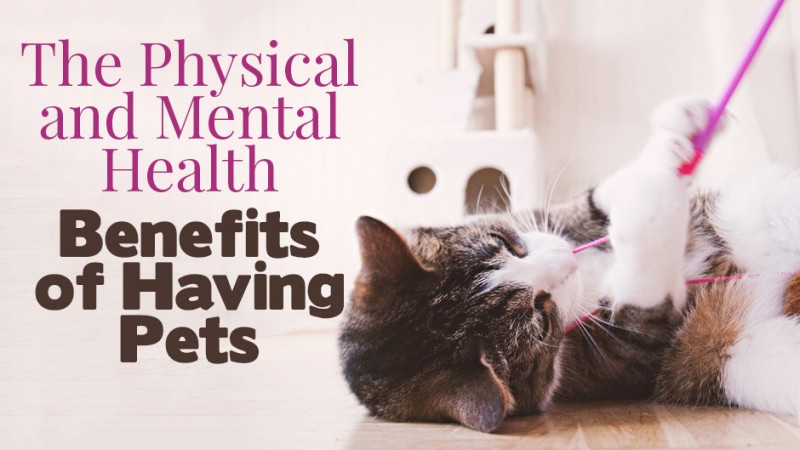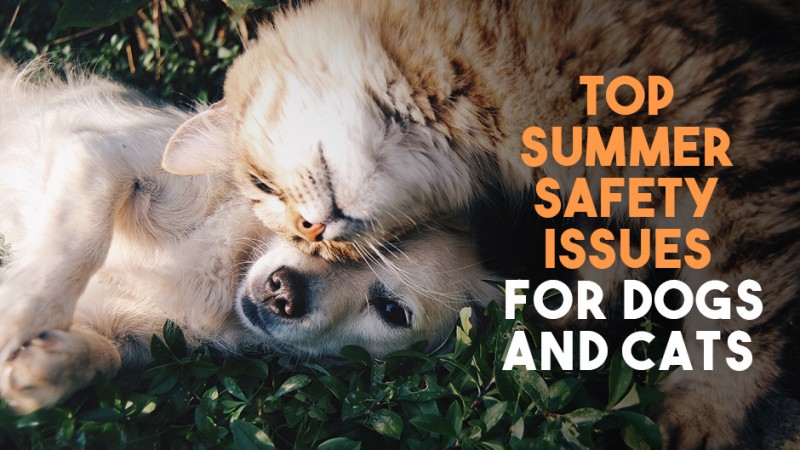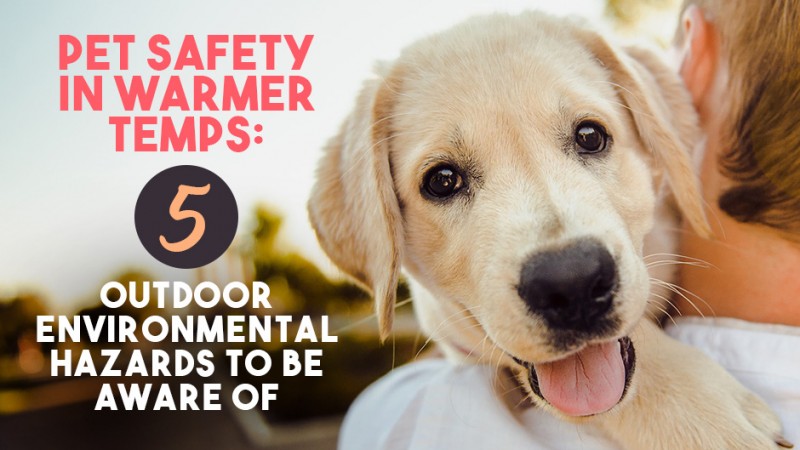Turner Veterinary Clinic News
The Physical and Mental Health Benefits of Having Pets

Pet owners believe that their lives are enriched by owning a pet, but did you know even the Centers for Disease Control (CDC) suggests that having a pet is good for you? Pet ownership and companionship can prevent you from feeling lonely, give you more opportunities for socialization, and give you a sense of love and pride from taking such good care of your pet. In fact, just petting your dog or cat can immediately lower your stress level!
The Top Summer Safety Issues for Dogs and Cats

Now that summer is finally here, you and your pet can spend more time outdoors enjoying all that the season has to offer. Like the other three seasons, summer presents unique safety challenges for our companion animals. The good news is that you can enjoy a wonderful summer with your pet by taking a few simple precautions recommended by our Turner Veterinary Clinic veterinarians.
Pet Safety In Warmer Temps

As a pet owner, you look forward to the warmer spring weather because it means you can finally spend more time outdoors with your furry friend. Unfortunately, it also means more exposure to environmental hazards for your dog or cat. This requires awareness of these dangers and active steps on your part to help your pet avoid them.
Categories
Recent Posts

If your dog won’t stop licking, chewing, or scratching one spot, it’s natural to wonder: “Is something wrong with my pet?” While occasional itching can be common, constant attention to a single area can signal a more serious issue, such as a hot spot. These inflamed patches of skin can appear almost overnight and quickly become painful and infected without treatment.
Let’s explore what hot spots are, what causes them, and how to help your dog heal quickly.

Sunshine, open windows, and the promise of new adventures—summer road trips are hard to resist. And if you’re like many pet parents, there’s no way you're leaving your four-legged friend behind. Whether you're headed to a cabin up north, the lake for the weekend, or on a cross-country tour, traveling with pets takes some extra planning. But with a little prep, your journey can be just as smooth for them as it is for you.
Before you gas up the car and grab the treats, here’s what you need to know to help your pet stay healthy, safe, and comfortable on the road.

Think heartworm is just a summertime issue? Or that your indoor cat is safe from it? You're not alone—many pet owners have heard (and believed) myths about heartworm disease. But the truth is, this serious and potentially deadly condition affects pets in every state and can impact even those who never leave the house.
Let’s clear up the confusion and give you the real facts about heartworm—so you can protect your furry family members with confidence.

February is here, and love is in the air! But while you're showering your loved ones with chocolate, flowers and cards, don’t forget the furry members of your family. This month is National Pet Dental Health Month and a perfect time to prioritize your pet's dental health. Just like us, pets can develop dental problems that impact their overall health and happiness.
Proper dental care can improve your pet’s quality of life and even extend their lifespan. Here, we’ll share essential tips to ensure your pet’s teeth stay healthy and strong.

From October 13-19, 2024, we join veterinary clinics nationwide in celebrating National Veterinary Technician Week! These incredible individuals are the backbone of our clinic, working tirelessly to ensure every pet receives the care they need. If you’ve ever wondered just how our vet techs make a difference in the life of your pet, we’re here to shed some light on their remarkable work.